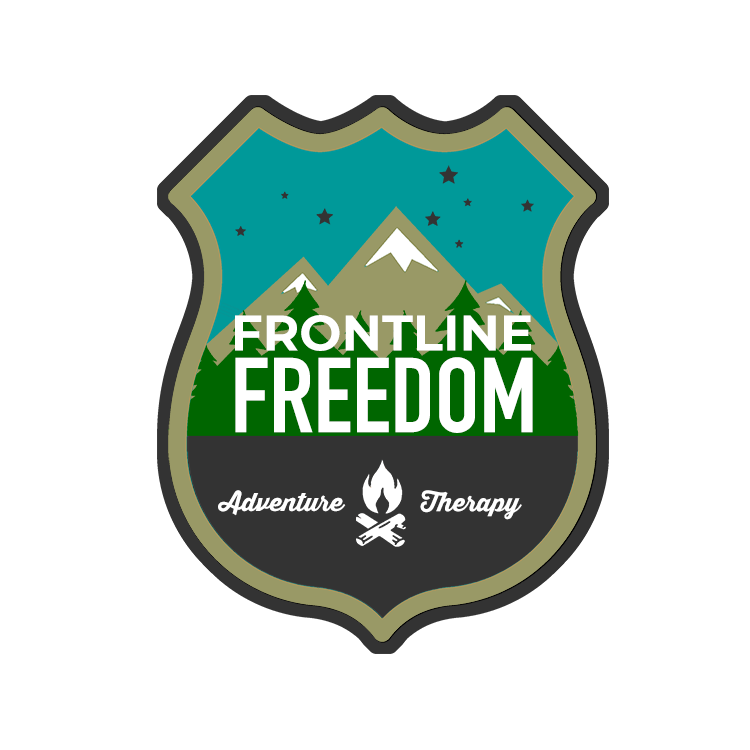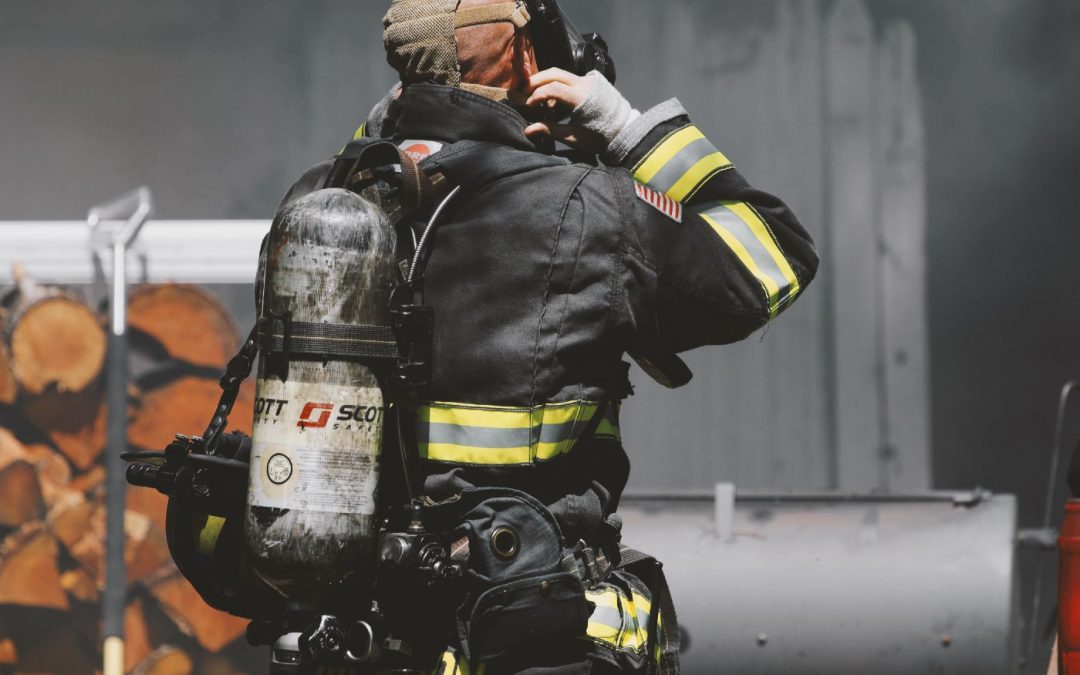Confidence has its roots in a Latin word. It is derived from confidentia, which means “to be bold” or “to have faith in.” In English, it was first used in the 1500s, and it means “a feeling or belief that one can rely on someone or something.” Confidence is a crucial ingredient in success. It allows people to take risks and achieve their goals. Confident people tend to be happier and more successful than those who are not.
Confidence, unfortunately, has been used against successful people. People who are not confident will often try to bring others down to feel better about themselves. This is known as “sowing seeds of doubt.” However, confidence cannot be destroyed. It is a quality that comes from within and cannot be taken away. No matter what someone says or does, confidence will always exist. It is up to the individual to find and nurture it.
So, what is wrong with having trust in oneself? Plenty to an insecure person. Their ‘confidence’ borders on narcissism and is nothing more than a mask to hide feelings of inadequacy.
Insecurity is a virus that eats away at our confidence, making us question everything we do. It can make us shy away from opportunities and prevent us from achieving our goals. Insecurity can also cause us to doubt ourselves and our abilities.
A lack of self-esteem or self-worth often causes insecurity. This can be due to a number of factors, such as childhood experiences, bullying, or negative comments from others. If you are struggling with insecurity, it is essential to address the root cause. For first responders, self-confidence is key to success on the job. For individuals in a public safety profession, confidence can be the difference between life in death and a high-stress situation.
Unfortunately, confidence can be the first to escape our mental resilience arsenal following a traumatic event. Studies have shown that first responders who experience PTSD or other mental health conditions are more likely to suffer from low self-confidence. So, how can we build and maintain confidence following a traumatic event?
Acknowledge your feelings:
It is normal to feel scared, sad, or angry after a traumatic event. Give yourself time to process what happened. Most departments have debriefs or after-action reviews to process events. Do this at the individual level and be prepared to be open and honest with yourself.
Seek professional help:
A therapist can help you work through your feelings and develop healthy coping mechanisms. One of our goals at Frontline Freedom is to break the stigma associated with mental health. Remember, you are not broken. You are not an object. You are a human being. Human beings are social creatures. Talking is important. Talking to trained people on the best practices is even more critical.
Challenge negative thoughts:
Our thoughts influence our emotions and behavior. If you constantly think negative thoughts, it will be challenging to feel confident. Pay attention to your self-talk and challenge any unhelpful thoughts. Take the time to analyze each thought and ask yourself if it seems logical. We tend to catastrophize, which is a form of cognitive distortion.
Practice self-care:
Taking care of yourself physically and emotionally is crucial for maintaining confidence. Make sure to eat a healthy diet, exercise regularly, and get plenty of rest. When you don’t feel like doing something, that is the exact time to force yourself to act. There is a misconception that feelings drive actions. Motivation does not work that way. Actions drive feelings. If we aren’t motivated to eat right and exercise, we will likely wait around for the feelings of motivation to fix it for us. However, if we force ourselves to do those things, typically, the motivation to continue follows shortly after that.
These are just a few tips for maintaining confidence following a traumatic event. If you struggle to cope with your emotions, please reach out for help. There is no shame in seeking professional assistance. Remember, you are not alone.
As the healing process continues, there are things to keep in mind.
Practice self-compassion.
It is ok not to be ok. Don’t be too hard on yourself.
Give yourself time to succeed.
Don’t expect too much of yourself too quickly. Expect to have some reservations about certain actions or triggers. A specific building, smell, sight, etc., may trigger your anxiety. Expect that to happen. Be prepared for the occasional setback and be ready to talk about it with someone.
Celebrate your accomplishments.
We take things for granted sometimes. Simply walking into a restaurant may trigger us following a traumatic event. When you recognize that you can do things without thinking of them again, pause and take time to express self-gratitude. These are the signs that you are progressing.
Surround yourself with positive people.
We all need good influences. If we don’t surround ourselves with positive people, we cannot expect a positive result in life.
Above all else, trust.
Trust in yourself and your abilities. One of the first things in life taken from us following a tragedy is our confidence. Simply put, we stop trusting ourselves. We second guess everything. We get anxiety over the decisions we make. We listen to the doubts of those around us. What does that mean for our ability to live a full life?
It means we have to put in twice the effort. It means relearning how to trust not only ourselves but also the process. Trust that things will work out even when we can’t see how they could. Trust that we have what it takes to overcome any obstacle. Trust that we are capable of so much more than we think.
Start with trusting yourself enough to do the things you usually avoid because of a lack of confidence. If you’re afraid to speak in public, give a presentation. If you’re scared to try something new, sign up for a class. These small steps will build your confidence over time, and eventually, you’ll be able to do the things that once seemed impossible.
When we trust ourselves, our confidence grows. And with that growth comes a more positive outlook on life. We become less reactive and more proactive. We let go of the need to be perfect and learn to embrace our mistakes. We focus on what we can control and let go of the things we can’t. Most importantly, we learn to live in the present moment.
If you’re feeling lost or struggling with insecurity, the most important thing is to reach out for help. Talk to a friend, family member, therapist, or anyone who will listen. And remember, you are not alone. The more we share our struggles, the less power they have over us.

